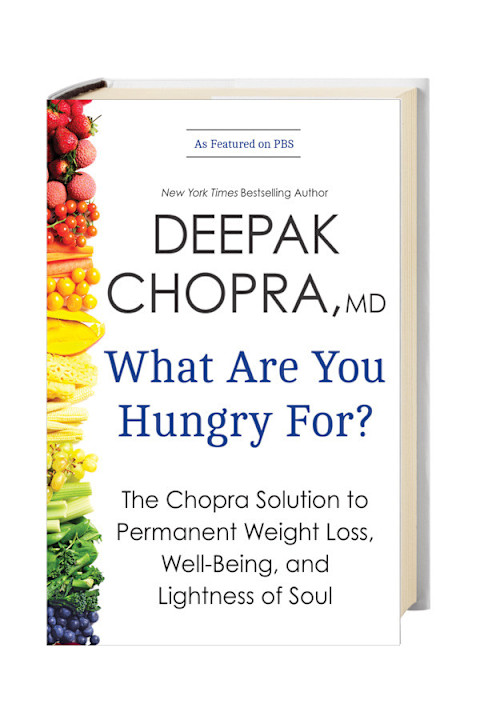
Like every other young doctor in the 1970s, I came of age in medicine knowing absolutely zero about the mind-body connection. My medical specialty was endocrinology, the field that deals with hormones. As a young doctor I was fascinated with how the tiniest secretion of chemicals could make someone afraid, courageous, angry, sexually aroused, or hungry in a matter of seconds. The secret to Dr. Jekyll becoming Mr. Hyde lies in a molecule! That discovery sparked my imagination, and I originally thought I’d be content to stay in the laboratory examining the effects of hormones, because their actions and interactions are astonishingly complex.
But when I went into private practice, I saw the devastating effect of hormones firsthand. Stress hormones were culprits in disorders that could ruin people’s lives, often in cruel social ways. “He’s lazy and dull” is the stigma attached too often to thyroid deficiency. Soldiers have been anxious about seeming to be cowards for centuries, but another hormone, adrenaline, leads to flight as much as fight. In addition, when the adrenaline rush is over, the body is physically depleted. Expose a soldier to enough situations where fight-or-flight is triggered, and the result is shell shock. Countless combatants have accused themselves of being cowards — and were stigmatized by fellow soldiers — because they were simply exhausted at the hormonal level. This stigma didn’t begin to fade until it was realized that every soldier will become shell shocked given enough time at the front lines. No moral failing is involved; the stigma was incredibly unfair.

My experience in private practice was more everyday, but just as much about stigmas. Many of the patients I saw — literally thousands — were overweight women who felt ashamed and hoped that they had a “gland problem” instead of some personal flaw. It was discouraging when I told 99 percent of them that their hormonal levels were normal. They went away sad, discouraged, and sometimes hopeless. Many had to fight against their own shame and guilt simply to go to a doctor and ask for help. What I left them with was worse than what they came in with.
That was unacceptable to me; I began searching for a missing link. Starting in the late 1980s, I saw that a body problem was actually a mind-body problem, and it wasn’t long before another dimension appeared. What my patients — and countless more people — had was a mind-body-spirit problem.
For me, the breakthrough in seeing medical problems as mind-body-spirit problems was exciting and productive. I learned how good it felt to be centered and relaxed, to feel comfortable within myself all the time. You value something more when you know you can reach it. Empty dreams are lulling, but once you find that mind-body-spirit is real, nothing is more enticing. At last you get to fulfill your deepest yearnings. The secret is revealed: Life is about fulfillment.
Once this secret is no longer hidden, everything changes. You see with sudden clarity that all kinds of things aren’t fulfilling. Some are distractions, like having a martini at five o’clock or getting hooked on video games. Some are obstacles, like ignoring your negative feelings and letting them fester. It feels good to think you have no issues with anger, fear, guilt, and shame, but your body can’t be fooled. It feels everything you try so desperately to avoid.
I had no deeper wish than to show others the way out. Years of sending away patients who felt discouraged and frustrated needed to be turned around. For people who struggle with their weight, the body they see in the mirror is a mask. Behind it lies bad habits, distorted beliefs, low expectations, and every variety of discouragement. The cruelest form of starvation is to tie someone up and put a banquet before them, inches out of reach. Fulfillment is such a banquet, and for countless people it is being held out of reach. They are starved for fulfillment and don’t know why they can’t reach it.
Getting a fulfilling life isn’t as easy as watching the Super Bowl with a plate of nachos in your lap, or enjoying a nice lunch with a friend while the waiter brings an extra dessert fork “just in case.” But I promise you that the journey to fulfillment is the most exciting project you could possibly undertake. Let’s be companions in the spirit of hope, trust, and joy.
Reprinted from What Are You Hungry For? Copyright © 2013 by Deepak Chopra. To be published by Harmony Books, a division of Random House LLC, a Penguin Random House Company on November 12, 2013. This post is sponsored by Harmony Books.
